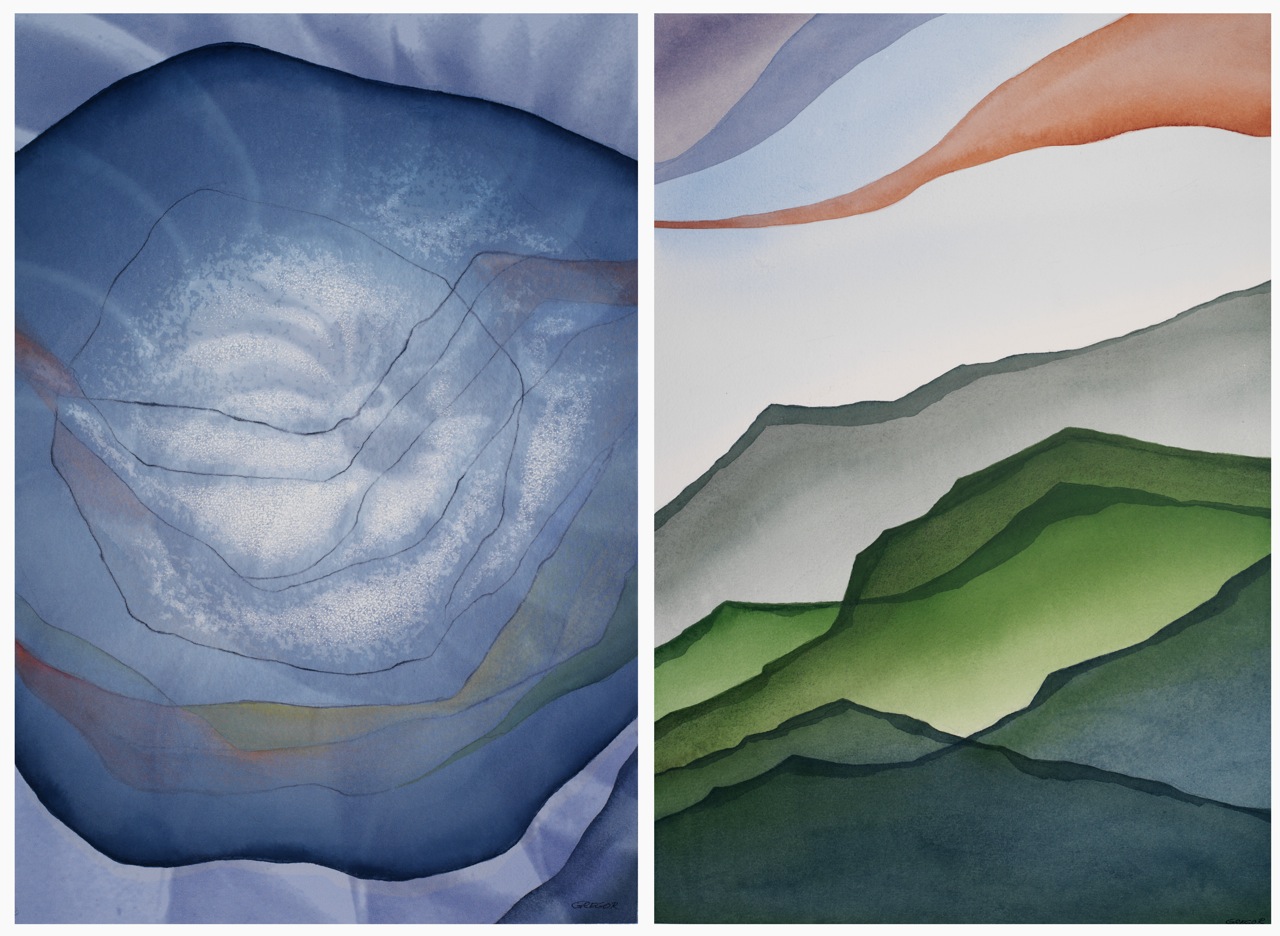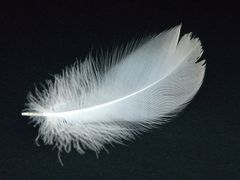My Year in Reading 2018
Several days into this new reading year, I’m in the middle of two books I started in December: My Life in Middlemarch by Rebecca Mead and Lethal White, the latest installment of the Cormoran Strike series, by Robert Galbraith aka J. K. Rowling—which I’m stretching out excruciatingly slowly to make the audiobook, deliciously read by Robert Glenister, last as long as possible. Both of these may well end up on my 2019 list, but meanwhile, I’ve been giving some thought to books finished in 2018.
Topping the list is Caroline Fraser’s Prairie Fires: The American Dreams of Laura Ingalls Wilder. Wilder’s life tracked a number of fascinating periods in American history, from westward expansion through the Gilded Age, the Progressive Era, the Depression, and the world wars, and her protean experience—she was a lot of things aside from being the author of the Little House on the Prairie series—exemplified the changing roles of women across those decades. In this meticulous, fair-minded, eminently readable biography, Fraser sheds light on the complex relationships, hardships, illusions, and delusions in the lives of Wilder and her family (including her erratic daughter, also a writer) and how all of that gave rise to the Little House books. It’s an interesting look at American mythos that continues to shape our political landscape, as well as an examination of how creative work relates to, and serves, lived experience.
Other reads I loved this past year include:
Daniel Mendelsohn, An Odyssey: A Father, a Son, and an Epic (memoir about a Classics professor whose elderly father commandeered his seminar on Homer’s Odyssey)
Min Jin Lee, Pachinko (novel about Koreans in 20th-century Japan)
Sharon Washington, Feeding the Dragon: The True Story of the Little Girl Who Lived in the Library (short memoir/one-person play, audio format)
Anne Farris Rosen, ed., Deep South Dispatch: Memoir of a Civil Rights Journalist (engrossing experiences of John Herbers, who covered the Civil Rights Movement for The New York Times and other newspapers and witnessed many of its central events)
Sonia Sotomayor, My Beloved World (lively memoir of the now Supreme Court Justice)
Michelle Kuo, Reading with Patrick: A Teacher, a Student, and a Life-Changing Friendship (about a Teach for America experience in Helena, Arkansas; yes, it explores the legacy of racism and poverty in the Delta, and less predictably, the book digs into Kuo’s evolving self-knowledge and how literature bridged the gulf between her and a student)
Adam Johnson, The Orphan Master’s Son (a wild romp through North Korea, if you can imagine such a thing: scary as hell but exhilarating)
Ariel Dorfman, Death and the Maiden (a chilling three-person play set in post-terror Chile—paralyzingly good even on the page, and I can only hope to see it staged someday)
Shout-outs go to these texts in special categories:
Most unusual:
R. A. Lafferty, Okla Hannali (novel about a larger-than-life Choctaw entrepreneur and leader in the Territory of Arkansaw; his dialogue, punctuationless to manifest qualities of the Choctaw language more accurately, was initially disorienting but charming in the end)
Best not-quite-published book:
Anna Sherman, The Bells of Old Tokyo; Meditations on Time and a City, forthcoming in April from Macmillan
Best short story that I hadn’t read before: Eudora Welty, “Where Is That Voice Calling From?”
Rereading is like going back to a travel destination you enjoyed in the past. Will its former pleasures still be there for the tasting? Will it strike you differently now, and if so why? My Holding Up Best Over Time Award, novella category, goes to Katherine Anne Porter for Pale Horse, Pale Rider, which continues to blow me away every time I read it. Same award, children’s book category, goes to E. B. White for The Trumpet of the Swan. An audiobook version narrated by the author yielded minutes of pure delight, with no one younger than 57 in my car.





